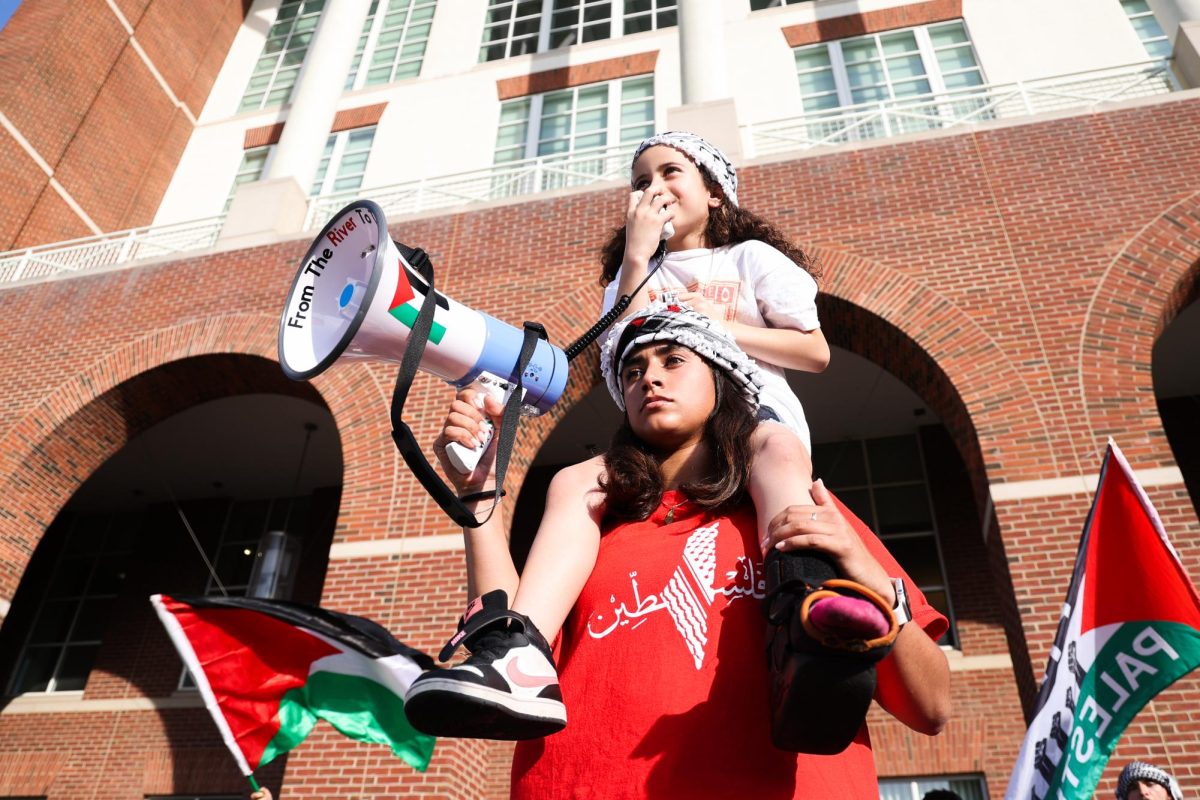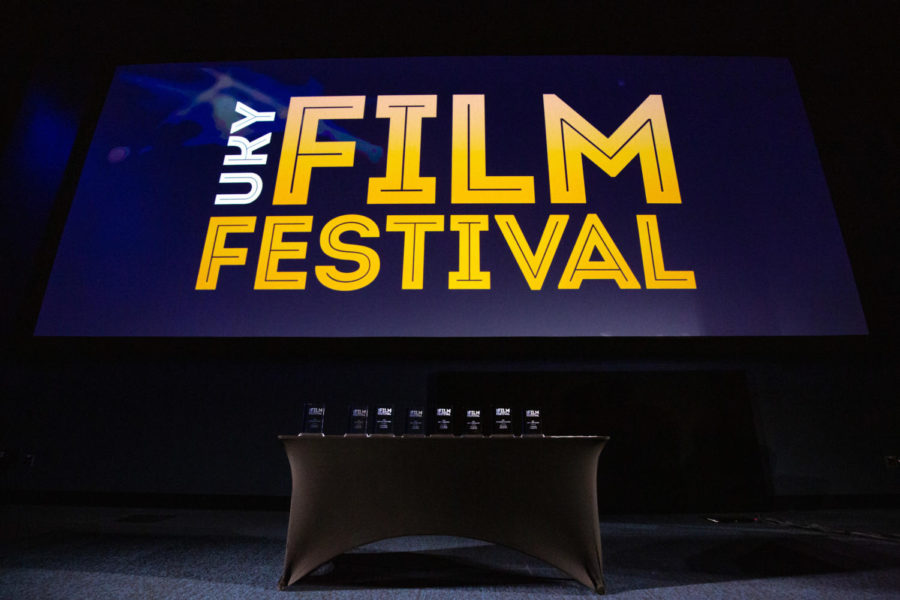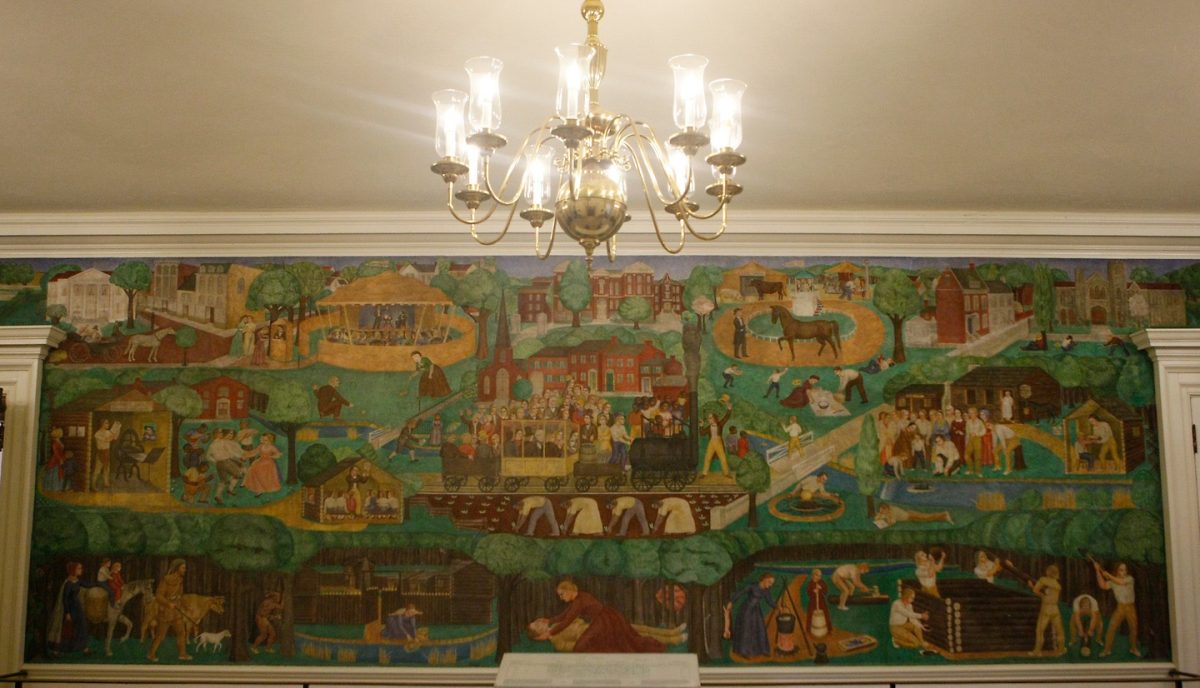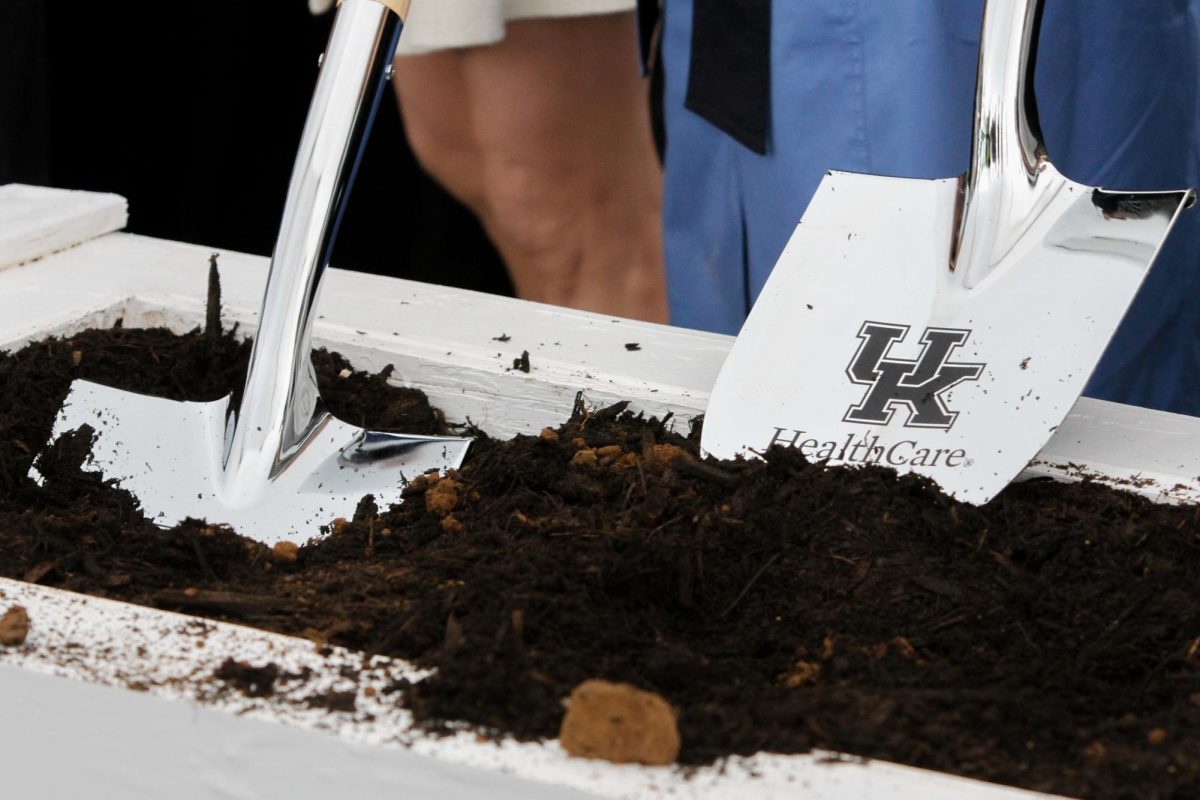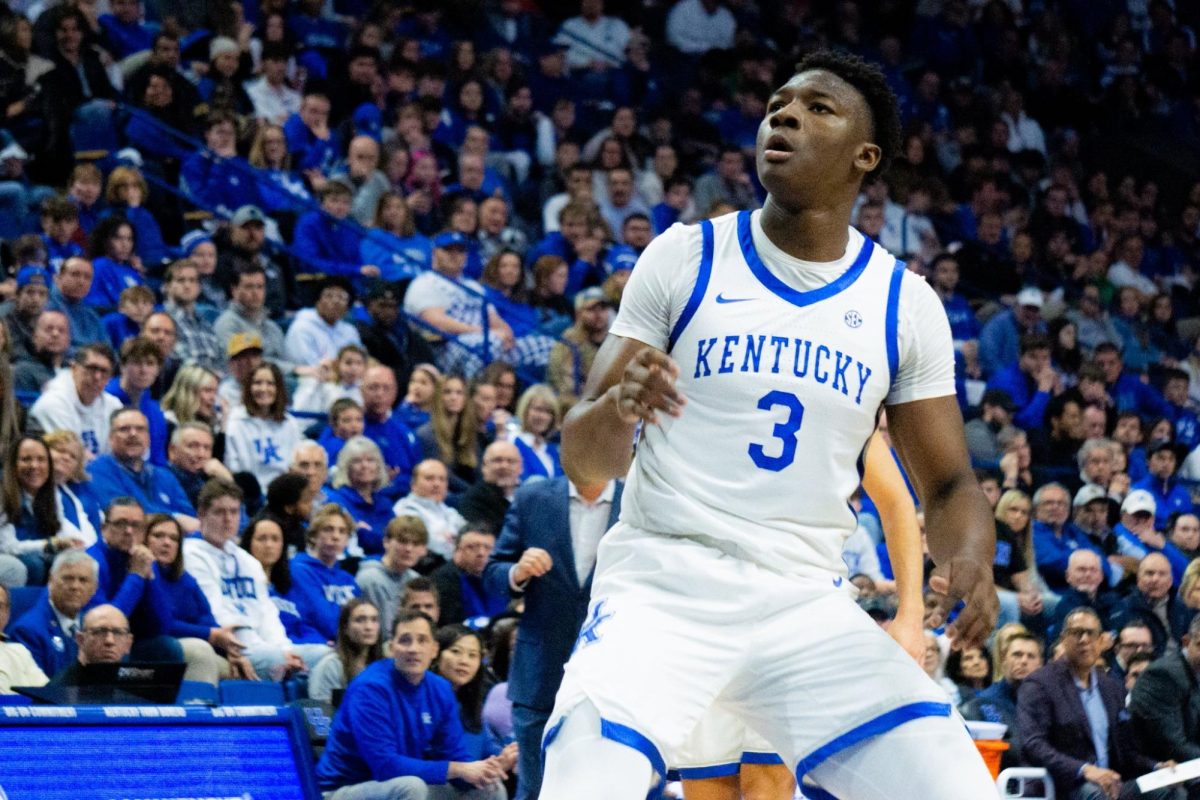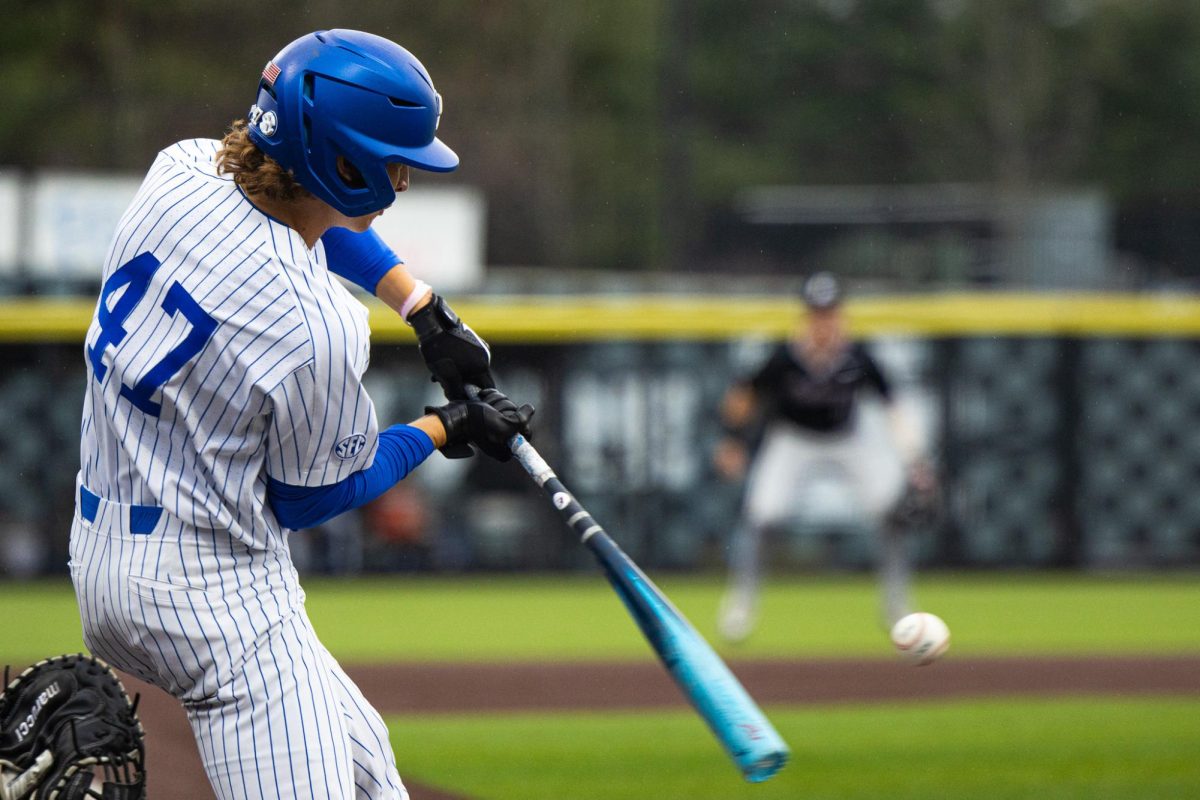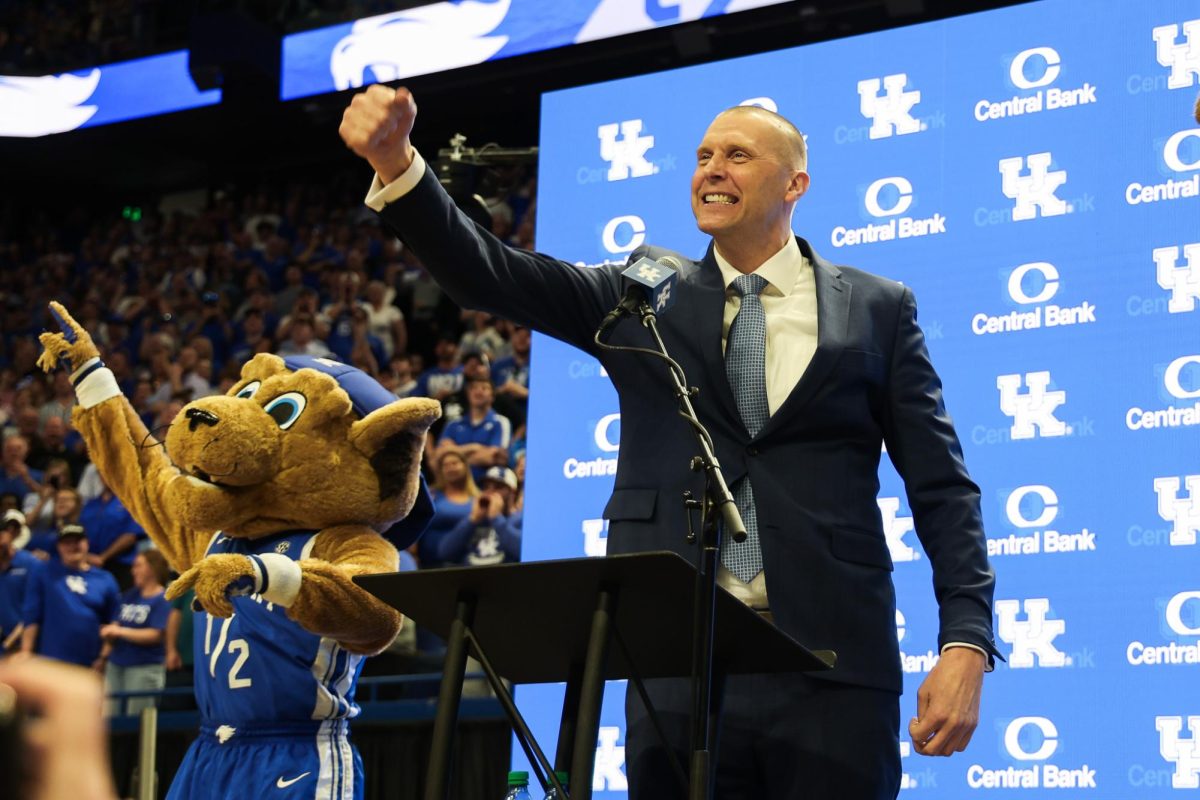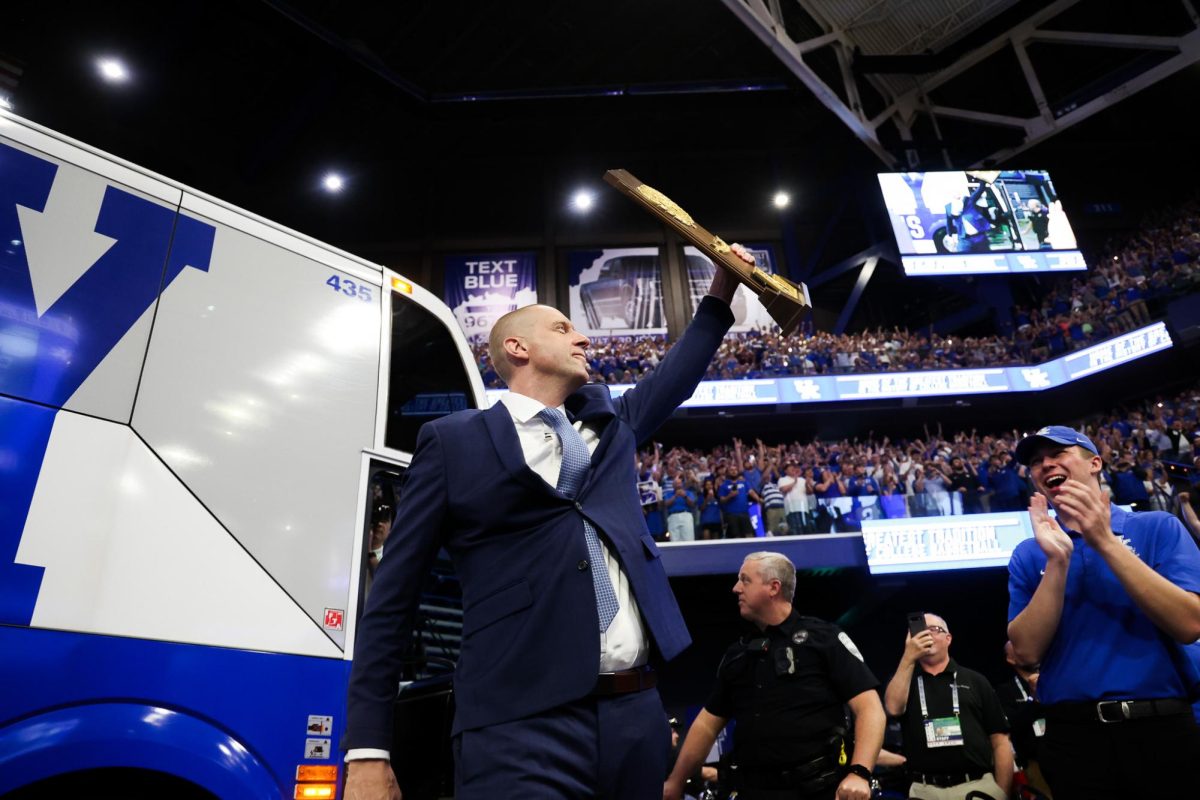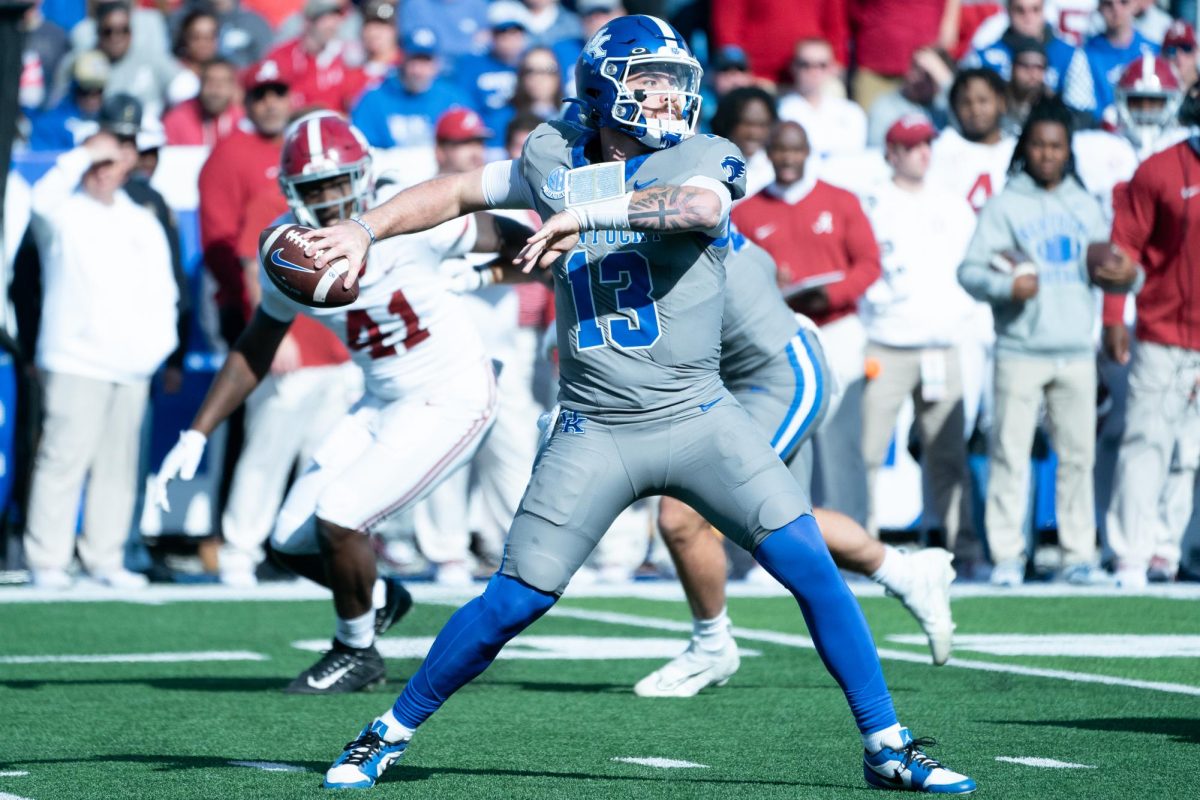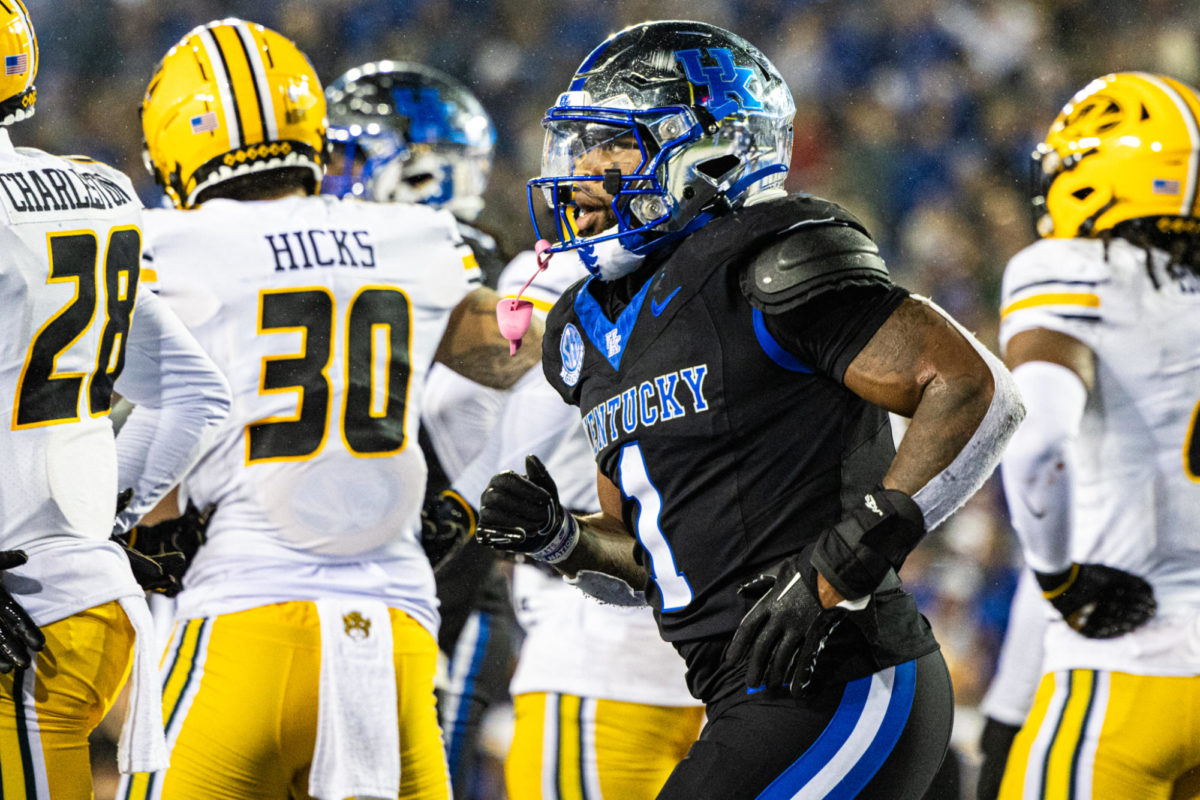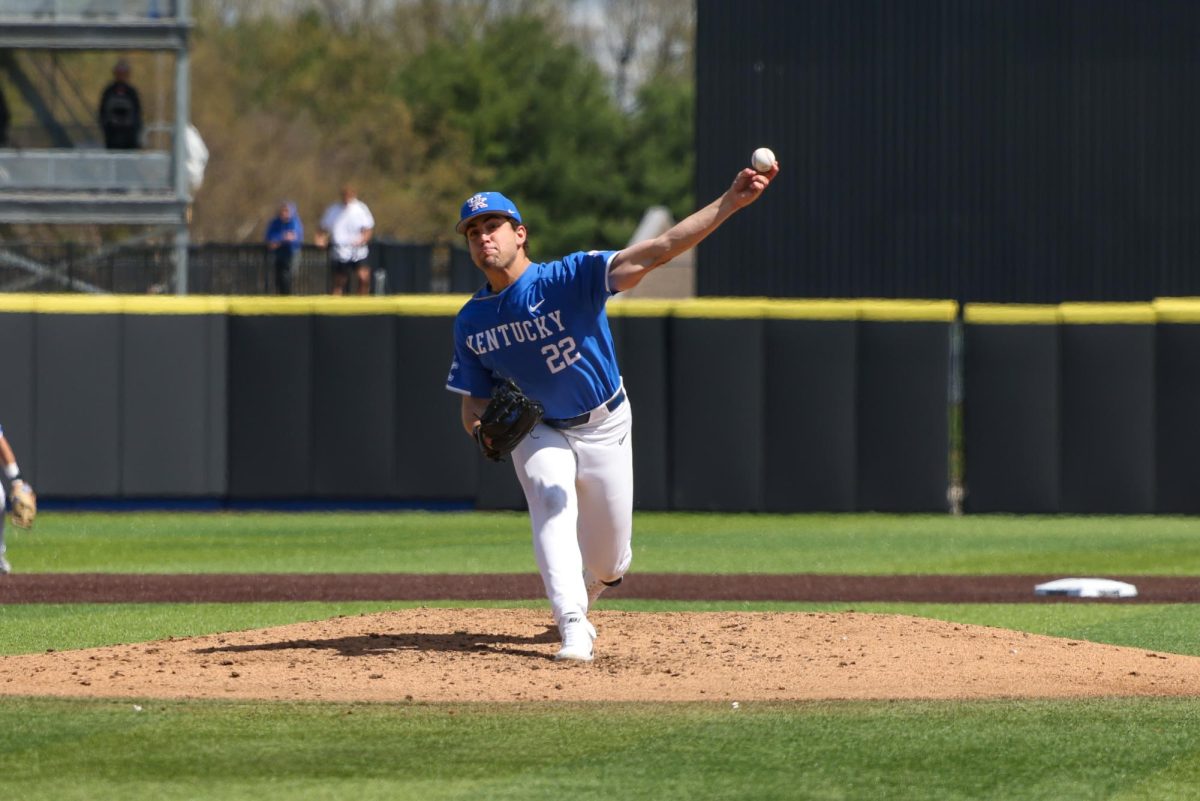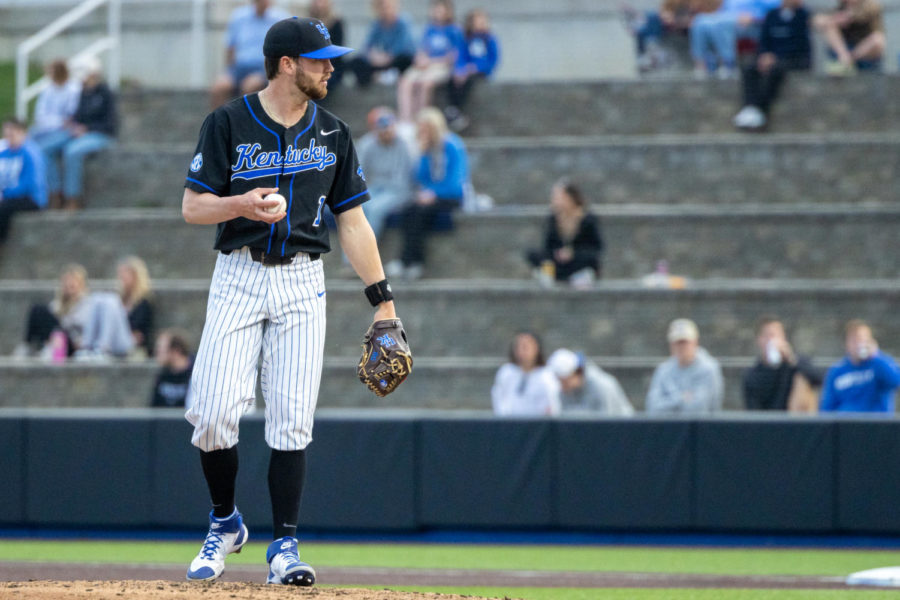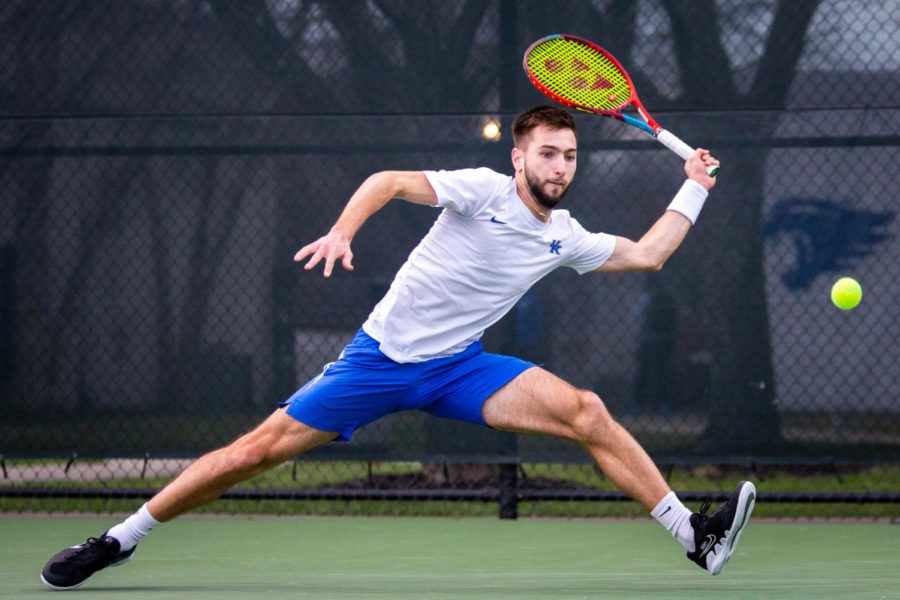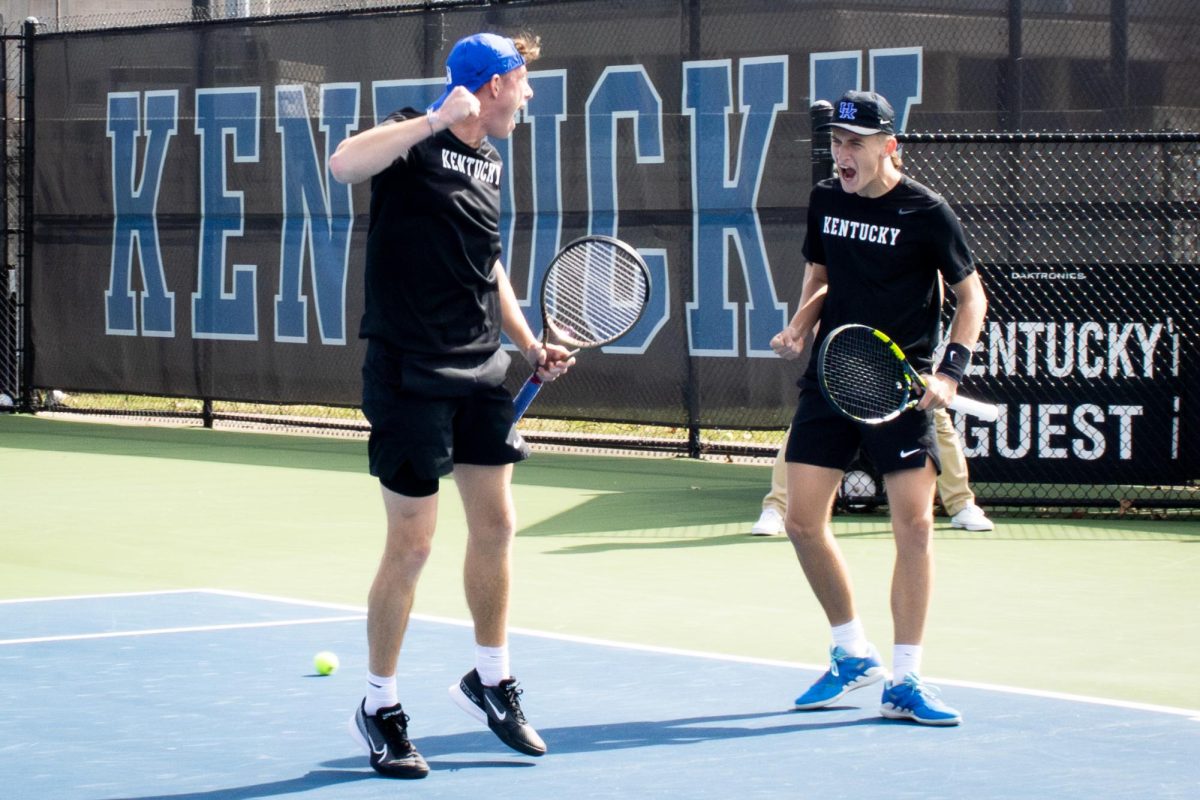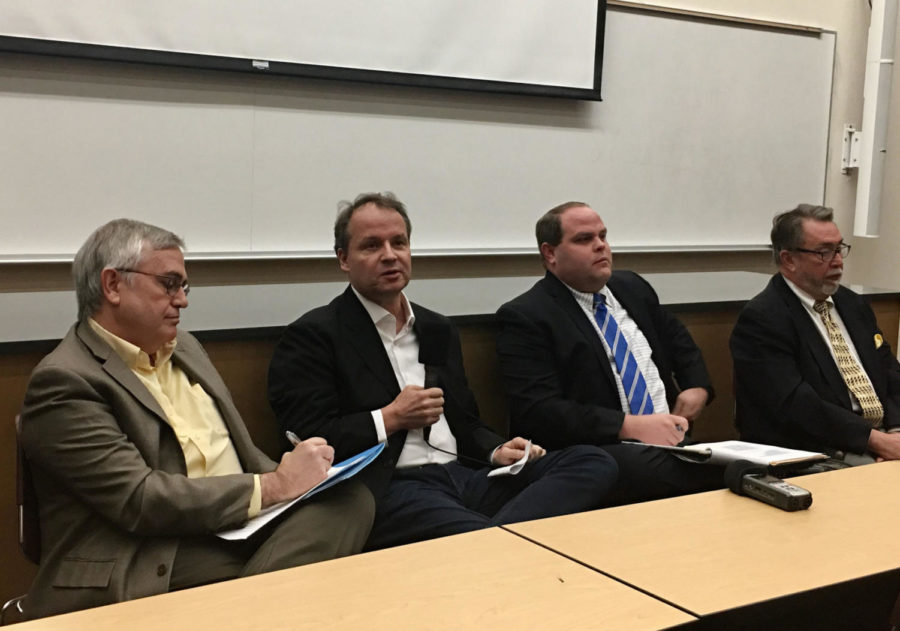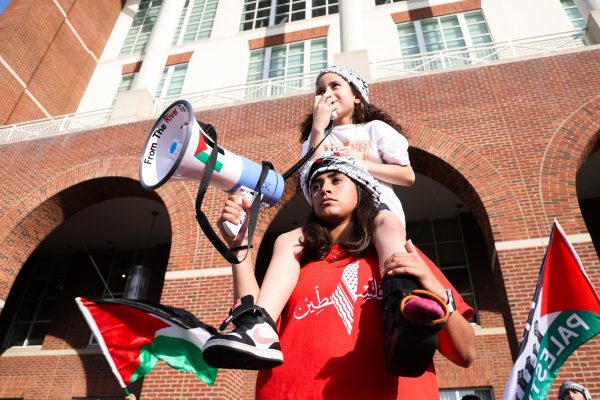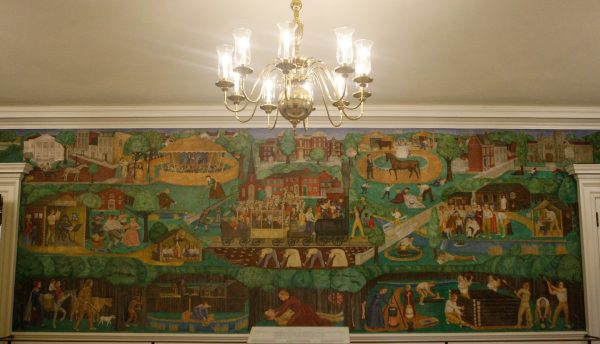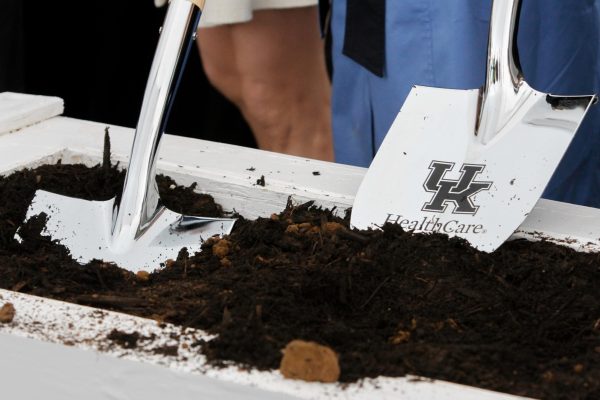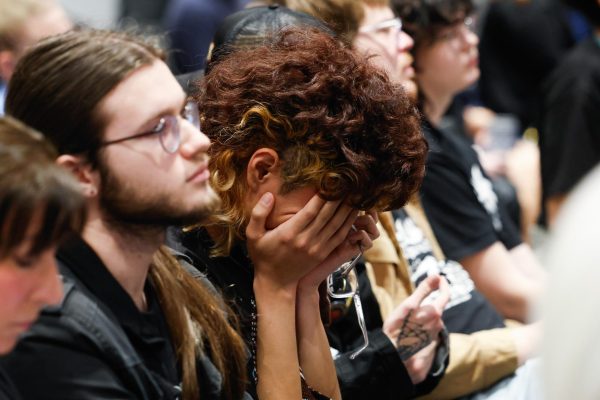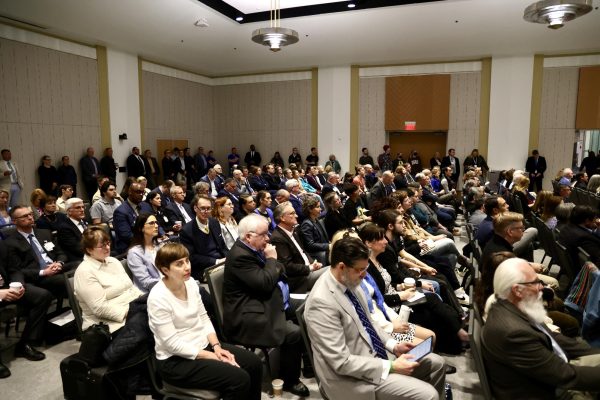Media panel dissects election
Lars Wilnat, director of the School of Journalism and Media, speaks during the Society of Professional Journalists panel on Tuesday.
November 17, 2016
Students and faculty joined a panel of seasoned journalists who share a political background at White Hall, to discuss the media and its role in the 2016 Presidential Election.
Journalists cringed over their grave missteps when news dropped of Donald Trump’s win over Hillary Clinton.
From failing to poll an accurate representation of the voting population to failing to take the possibility of Trump winning seriously, media inaccurately captured this election.
A factor in the media let down was the lack of discussion on policy and what the effects could be for the people of America, according to panelists.
“Even the serious scoops of 2016 had almost no bearing on what policies the candidates would pursue in office and what would happen to 330 million Americans as a result. And I think that is the primary thing that the media got wrong,” panelist Al Cross, an associate professor in the School of Journalism, said.
Lars Willnat, director of the School of Journalism and Media said that he believed there was a monetary push that was behind this lack of policy investigation. Willnat said that an increase in ratings and making money was important; people paid attention to the entertainment that Trump provided.
Cross said rural voters for Trump were completely glossed over. Trump held rallies in small rural towns like in North Carolina that the media failed to pick up on. He said what killed Clinton could have been her lack of focus on the rural, resentful voters.
“We generally accept that there is lots of bias in the media and we just have to work around it,” Les Fugate, who was an aide to former Kentucky Secretary of State Trey Grayson, said.
Fugate said that one must also look at bias when reporting. To be taken seriously, journalists are taught to put bias aside when writing.
Journalism senior Anthony Gaither works at the local TV station LEX18, and said these dialogues are important for UK to have with its students because of the benefit of having all the facts laid out from each side to help make informed decisions.
“I really think there should be more of these and I think they should be more on a bigger university level,” Gaither said. “I think a lot of times it kind of feels like we’re told what you should believe versus, ‘Here are the facts make your own kind of decision.’”


